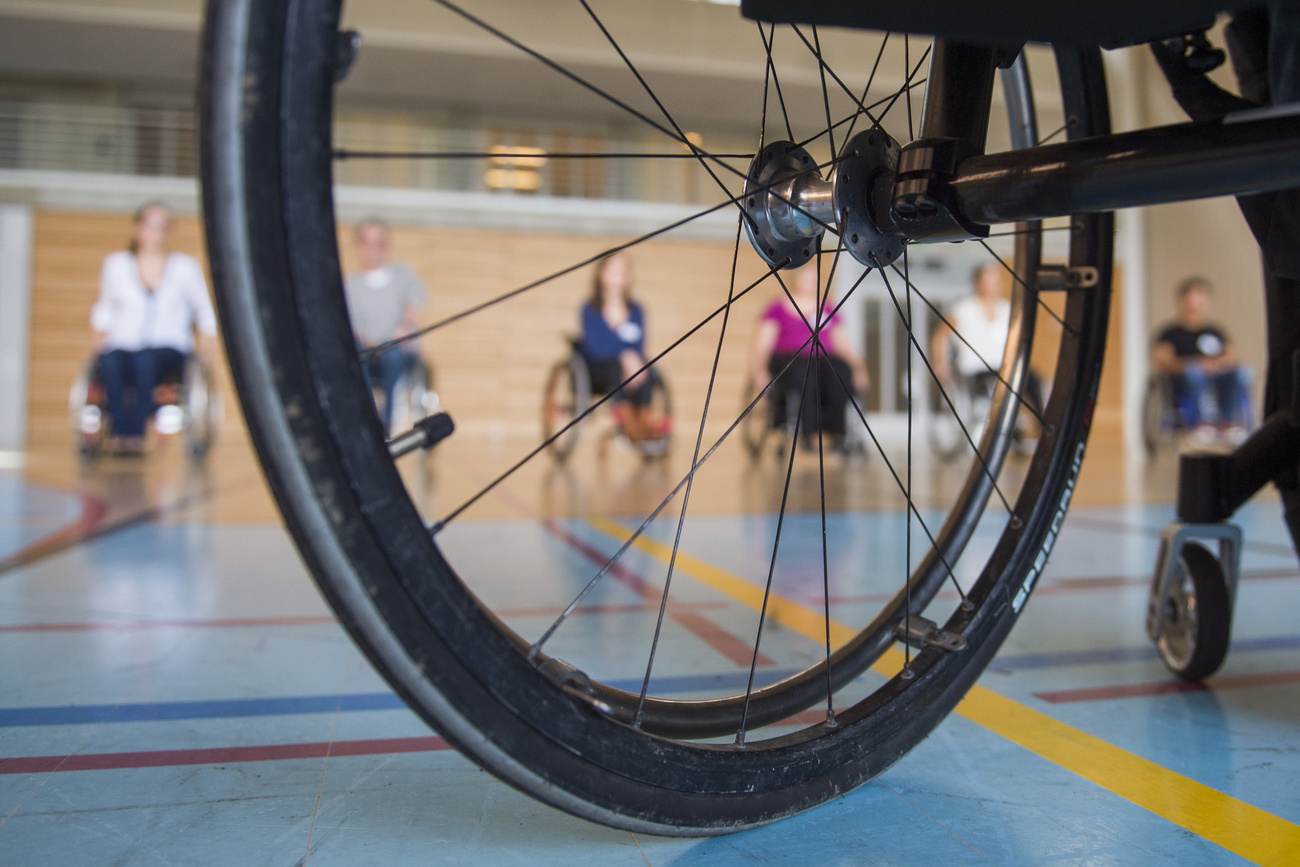
Electro-stimulation treatment helps patients with spinal-cord injuries

A team of Swiss and Canadian scientists have developed a targeted electrical stimulation treatment for patients with spinal-cord injuries that allows them to regain control of their blood pressure.
Building on earlier research that uses targeted electrical stimulation of the spinal cord via a wireless implant to help paraplegics walk again, scientists from the federal technology institute in Lausanne (EPFL) and the University of Calgary carried out experiments to deliver electrical stimulation in the region containing the neural circuits that regulate blood pressure.
Spinal cord injuries result in unstable blood pressure, which can reduce quality of life and be life-threatening. Unfortunately, there are no effective therapies for unstable blood pressure after spinal-cord injuries.
During their experiments, the team delivered electrical stimulations that were adapted in real-time based on measurements taken by a blood-pressure monitor implanted in an artery. This monitor measures blood pressure continuously, and adapts the instructions sent to a pacemaker that in turn delivers electrical pulses over the spinal cord.
Following tests in pre-clinical rodent and non-human primate models, they tested the model on a human patient. Their research was published in the latest Nature journalExternal link.
“I suffered from daily episodes of low blood pressure, especially in the morning and evening,” said 38-year-old Richi. “But since I’ve had the implant, it happens much less often – maybe once every couple of weeks.”
Richi lost the use of all four limbs after a sports accident. “Those daily episodes of hypotension were a real burden. They also disturbed my vision and prevented me from performing even simple everyday tasks. The electrical stimulation treatment provided a huge relief – much more effective than medication.”
The scientists intend to continue their research thanks to a grant received from the US Defense Advanced Research Projects Agency (DARPA). At the same time, Onward (formerly GTX Medical) – a start-up based at EPFL and in the Netherlands – will develop and market clinical devices based on the team’s discoveries.
“These results open the exciting possibilities not only to treat hypotension in people with chronic spinal-cord injuries but also in a very early phase after an injury which could increase the overall recovery, including treating the paralysis,” said EPFL neuroscientist Grégoire Courtine. “We are really hopeful that we can develop treatments that can have an impact for people living with spinal-cord injuries.”

More
Electro-stimulation helps paraplegic patients walk again

In compliance with the JTI standards
More: SWI swissinfo.ch certified by the Journalism Trust Initiative





























Join the conversation!